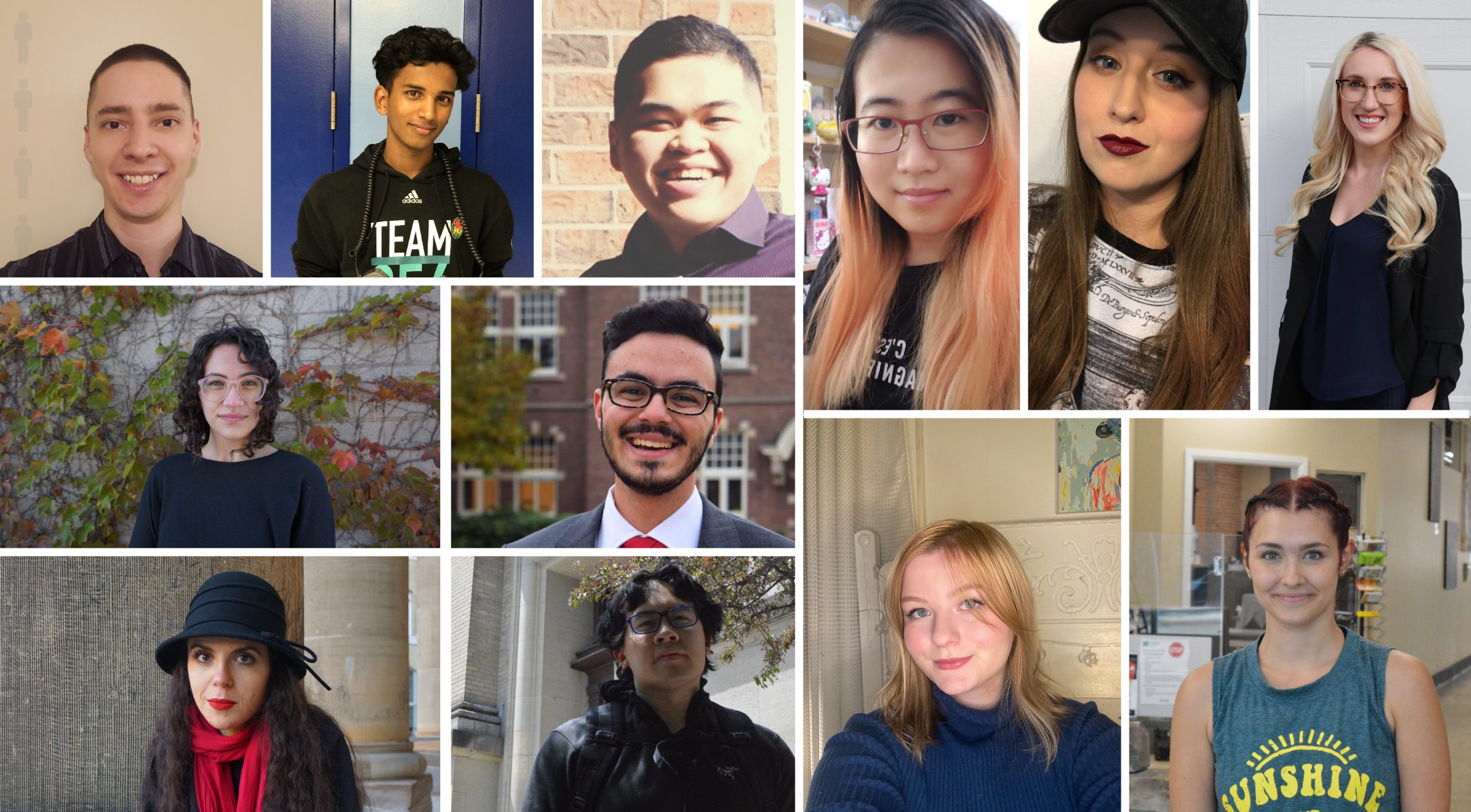
Something is happening inside the minds of young people. One in five Canadian youth are part of a mental health crisis that is undermining—and far too often ending—their lives as they struggle to find effective help that may never arrive, a year-long investigation has found.
This generation of children and young people is making unprecedented calls for help amid rising anxiety, depression, suicidal ideation and self-harm that is undermining their academics, personal relationships and careers.
Among the key findings:
Scientific survey of post-secondary students across North America:
- A scientific survey of 6,000 post-secondary students across Canada and the United States, conducted for IJB and Toronto Star journalists by trend-tracking firm RIWI Corp., found nearly 30 per cent of students said their failing mental health has caused them to consider self-harm and suicide. And the pandemic pushed up depression levels among Canadian respondents by 35 per cent.
- About half of respondents across North America said a stressful academic climate pervades their campus and that mental health services at their school were not responsive to their needs. One-third said they had to wait weeks or months to get a mental health assessment at their school and that they’ve considered quitting school. Fourteen per cent have thought of admitting themselves to hospital and 35 per cent say they’ve considered “self isolation.”
- In most of the mental health metrics measured by RIWI — from depression to eating disorders — Indigenous post-secondary students in Canada fared worse. Canadian respondents who identified as Black or Hispanic/Latinx also experienced higher than average rates of post-traumatic stress disorder.
Structured interviews:
- The investigation conducted in-depth interviews with 152 Canadian and U.S. post-secondary students who said they face mental health challenges over the past year, just over 60 per cent said they have considered quitting school as a result of their mental health. Forty-eight per cent have contemplated suicide. The students cited workload and isolation as key mental health stressors.
- More than 55 per cent of students interviewed said they had to wait weeks or months for a first assessment on campus. And 92 per cent had to wait that long for a second appointment.
Survey of colleges and universities:
- This investigation approached more than 100 colleges and universities for a survey of standardized and measurable data––40 provided meaningful data. Though the statistics provided vary from school to school in terms of scope and time frame, the results reveal a post-secondary system overwhelmed by unmet need.
- Mental health counselling appointments on campus increased an average of 36 per cent in the past six years. And mental health accommodations — custom academic supports such as extra time for assignments and tests — have increased by an average of 99 per cent in that time, transforming classroom protocols, academic standards and student expectations. These steep increases happened at schools where enrolment increased less than 11 per cent on average since 2013.
- Campus mental health apprehensions — incidents in which students are detained under provincial mental health legislation on the basis that they pose a risk to themselves or others — have been rising at some schools, in some cases dramatically.
- Most universities and colleges did not provide campus suicide data, citing privacy concerns and incomplete reporting. Those that did recorded a total of 40 suicides since 2014, though schools typically do not include off-campus student deaths.
- There are no national standards for counselling wait times in Canada. Among the schools that provided data to this investigation, the average wait for non-emergency counselling was between approximately six and 13 days to see a counsellor. Often, these meetings are for initial assessments, not therapy. Among the 152 students interviewed for this investigation, many told a very different story, describing wait times ranging from several weeks to as long as six months.
Explore the data for yourself with an interactive dashboard created with the Toronto Star. For the full series and project credits, view the Generation Distress project page.
Co-ordinated by the Investigative Journalism Bureau at the University of Toronto’s Dalla Lana School of Public Health and the Toronto Star, Generation Distress brought together a team of more than 70 researchers at 10 Canadian and U.S. universities. The project is based on thousands of documents and mental health data from 40 universities and colleges and interviews with more than 200 young people, academics, clinicians, post-secondary administrators and teachers. This investigation filed dozens of freedom of information requests to post-secondary institutions seeking data on mental health appointments, wait times, budgets, accommodations and suicides over the past six years.